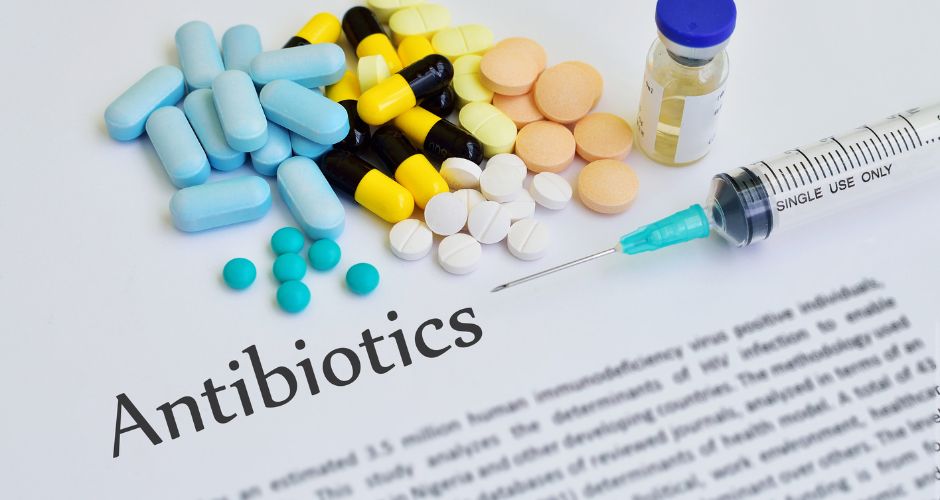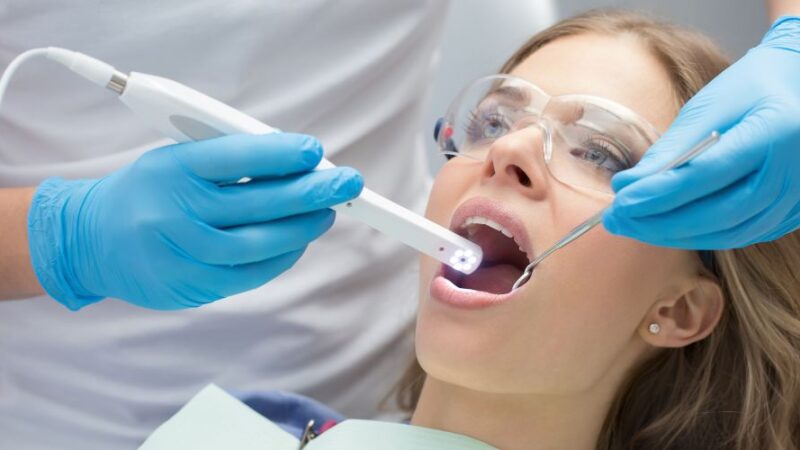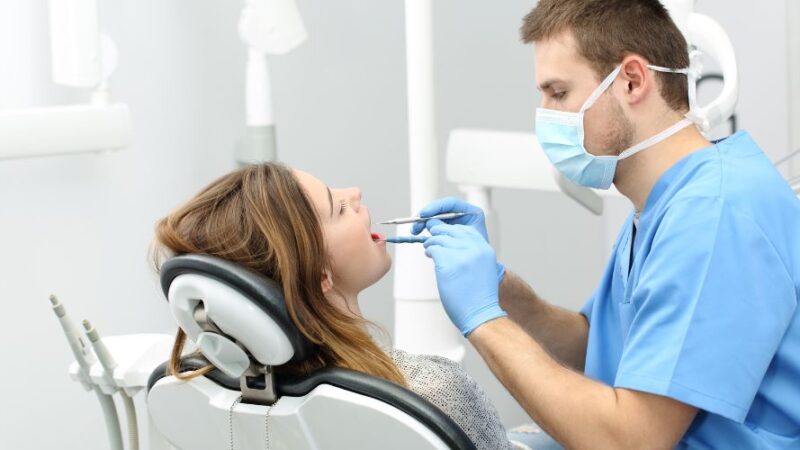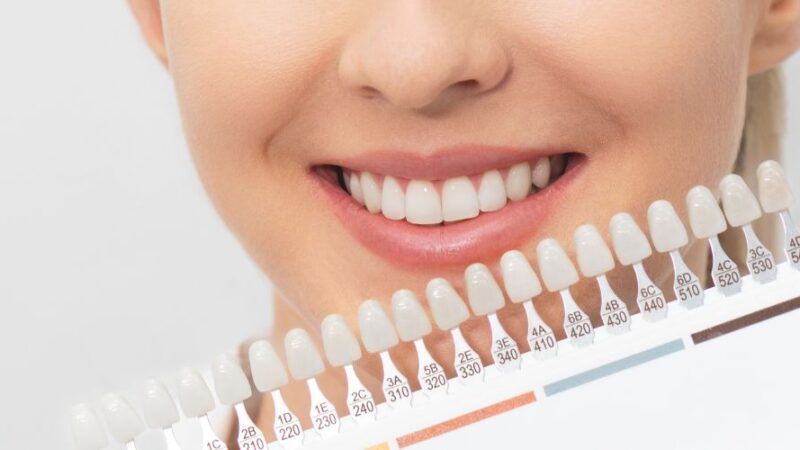Best Antibiotics for Tooth Infections – 2024

Tooth infections can be a painful and daunting experience, requiring prompt attention and appropriate treatment. In cases where bacterial infection is evident, antibiotics become crucial to the healing process. This guide will delve into the antibiotics commonly used to address tooth infections and shed light on their role in maintaining optimal oral health.
Understanding Tooth Infections:
Before delving into antibiotics, it’s essential to grasp the nature of tooth infections. Typically caused by bacterial invasion, these infections can lead to inflammation, abscess formation, and severe discomfort. Antibiotics are pivotal in eradicating the bacteria responsible for these infections, preventing their spread and alleviating symptoms.
Best Antibiotics for Tooth Infections:
- Amoxicillin: A widely prescribed antibiotic, amoxicillin is effective against various bacteria commonly associated with dental infections. It is often the first-line treatment for dental issues due to its broad spectrum.
- Penicillin: Penicillin, in various forms, is another antibiotic frequently used to combat bacterial infections in the oral cavity. It works by inhibiting bacterial cell wall synthesis, preventing the spread of disease.
- Clindamycin: For individuals allergic to penicillin, clindamycin serves as an alternative. This antibiotic is effective against various bacteria and is often recommended for more severe or resistant infections.

Administration and Dosage:
The proper administration and dosage of antibiotics are critical for their effectiveness. Dentists prescribe antibiotics based on the severity of the infection, the patient’s medical history, and any potential allergies. Completing the course as defined is imperative, even if symptoms subside before completion.
Combating Antibiotic Resistance:
While antibiotics are invaluable in treating dental infections, overuse can contribute to antibiotic resistance. It is essential to take antibiotics only as a dental professional prescribes and avoid self-medication. Additionally, maintaining good oral hygiene practices can prevent infections and reduce the need for antibiotics.
What should be the effective dose of Antibiotics for tooth infection?
The effective dose of antibiotics for a tooth infection depends on various factors, including the type and severity of the infection, the patient’s age, weight, medical history, and any existing allergies. It is crucial to follow the prescription provided by a qualified dental professional, as they will determine the appropriate dosage based on a thorough assessment of the individual case.
Commonly prescribed antibiotic doses for tooth infections may include:
- Amoxicillin:
- Standard dose: 500 mg to 1,000 mg every 8 hours.
- The duration of the course may vary but is typically 5 to 7 days.
- Penicillin:
- Dosage can range from 250 mg to 500 mg every 6 hours.
- The duration of treatment is usually 7 to 10 days.
- Clindamycin:
- Doses may range from 150 to 450 mg every 6 to 8 hours.
- The duration of treatment is often 5 to 7 days.
- Augmentin (Amoxicillin/Clavulanate):
- Dosages can vary, ranging from 500 to 875 mg every 12 hours.
- Treatment duration may be 5 to 7 days.
Conclusion
In tooth infections, antibiotics are powerful allies in the journey to oral health. However, their judicious use under the guidance of dental professionals is paramount. Remember, a holistic approach, including regular dental check-ups, proper oral hygiene, and timely intervention, is critical to maintaining a healthy, infection-free smile. If you suspect a tooth infection, don’t hesitate to consult with your dentist for personalized guidance and effective treatment.






